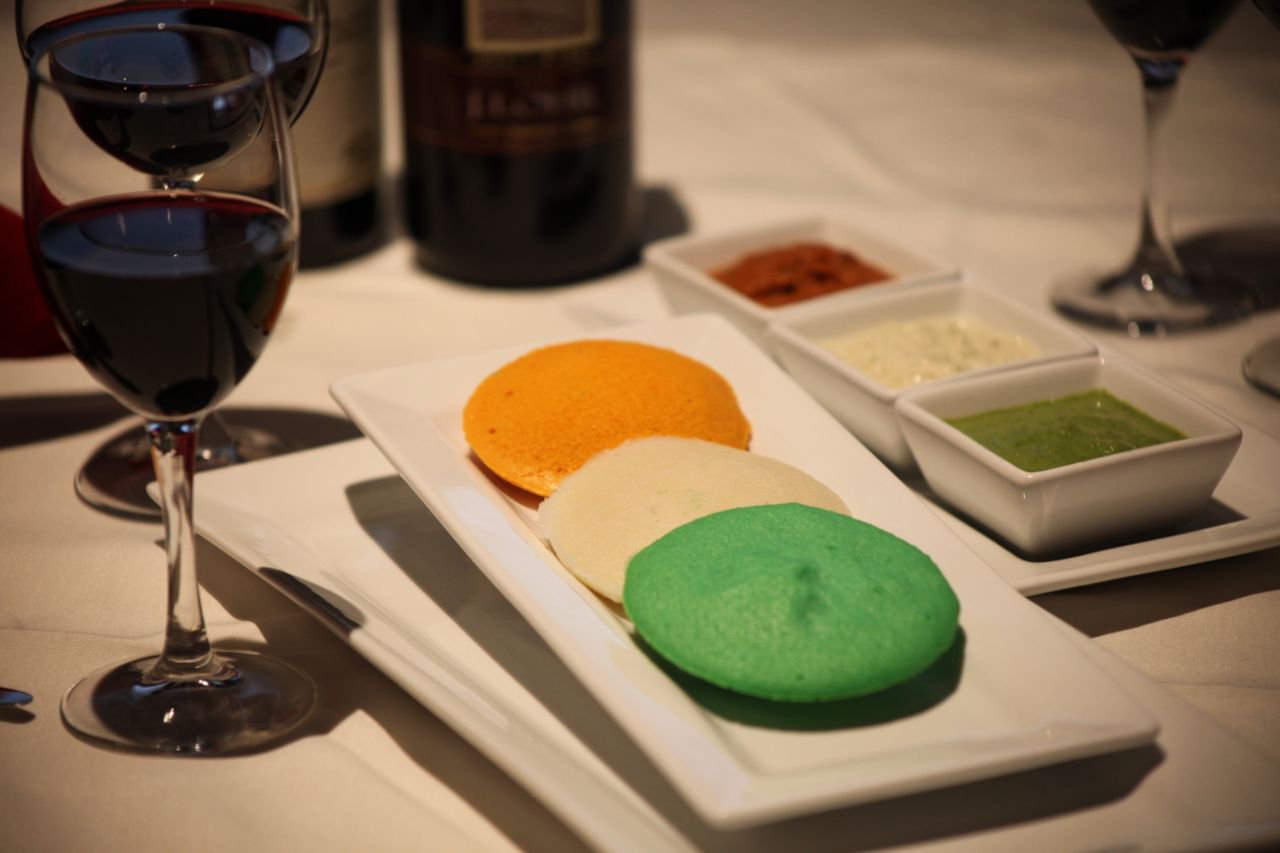Two weeks ago, my 9th-grade student and I were discussing the synthesis of alcohol by the process of fermentation. After going through the synthesis reactions in detail, our discussion moved to other instances of fermentation in our everyday experience. She immediately recognised Idli and Dosa batter formation and we wound up the conversation agreeing to explore more examples.
I guess this was running in my subconscious brain because two days ago I woke up in the morning with this question ringing in my head – “why don’t we get high on Idli and Dosa?”. Here, I attempt to answer this question briefly.
Fermentation in food processing:
Fermentation is the process of converting carbohydrates to organic alcohols and acids using yeast and other microorganisms under anaerobic (absence of oxygen) conditions.
Fermentation is the same chemical process used in the preparation of alcoholic beverages, baking of bread, making of curd (yogurt), making of Idli and Dosa batter – to name a few. All these chemical processes involve the anaerobic oxidation of carbohydrates in the presence of microorganisms and result in the production of Carbon dioxide as a common product. The difference, however, is the major product of the process. A common objective of fermentation is to prepare a food item that has a long shelf life or convert one food item to another that has a longer shelf life. Let us examine in slight detail the fermentation reactions of the aforementioned food items.
Making of wine:
Grapes undergo fermentation in the presence of yeast to make wine. The sugars in the fruit are converted to alcohol and carbon dioxide. The chemical reaction is as below (Figure 1).

Figure 1 – Chemical reaction in the making of wine
Making of bread:
Starting with wheat and other flours, bread dough is made. Fermentation in the presence of yeast results in the rising of the dough. Alcohol and carbon dioxide are produced. Carbon dioxide is responsible for the leavening of dough and fluffy texture of baked bread. Alcohol evaporates in the baking process. The chemical reaction is as below (Figure 2).

Figure 2 – Chemical reaction in the making of bread
Making of curd (yogurt):
Warm milk when treated with a bacteria-containing culture (previously made curd), it turns into curd. Lactose in milk is oxidised to Lactic acid. The chemical reaction is as below (Figure 3).

Figure 3 – Chemical reaction in the making of curd
Making of Idli/Dosa batter:
A soaked mixture of rice and lentils (primarily black gram) is fermented to make Idli/Dosa batter. The microorganisms are naturally occurring leguminous bacteria in lentils. Carbohydrates in the rice and lentils are converted into Lactic acid. The chemical reaction is as below (Figure 4).

Figure 4 – Chemical reaction in the making of Idli/Dosa batter
As explained above, although the process is same, the products of fermentation are different. While alcohol is intoxicating, lactic acid is not. Therefore, we don’t get high on Idli and Dosa. As for bread, even though alcohol is produced, it is evaporated in the baking process and doesn’t remain in the final product.
In conclusion, drink responsibly in moderation and eat your heart’s fill of Idli, Dosa, and bread.😊
Dr. Soumya Sreehari
Latest posts by Dr. Soumya Sreehari (see all)
- To drink water or not to drink – that is the question - 11 June 2021
- Puzzles for fun and learning - 28 May 2021
- A questioning mind is a thinking mind - 14 May 2021
- Play and learn having fun with words - 7 May 2021
- 4 lessons to learn from the Montessori method - 30 April 2021


Even i got same doubt today evening while taking bath.
Thanks for the explanation.
Still i have a question, if we mix sugar in idli batter, will it form alcohol.
My son 7yr old boy comes under ASD , following biomedical treatment for gut issues. Do I need to avoid idli dosa as it has yeast.kindly help . Very confused
Excellent. Have never come across a comparative explanation of this process before. Thank you.
Thank you, Amita! Glad you found this useful… 🙂
Fermentation of the starch by natural yeast in the batter produces alcohol in small quantity (given the relatively short period of fermentation) and it must evaporate along with water while steaming to make idly or pan frying to make dosa.
(If the batter is left to ferment for a few days higher percent of alcohol will result.)
Thank you Mohandas, for reading and sharing your thoughts.
Very nicely explained.
Thanks, Shamala! We are glad you liked it.
Thank you, Shamala. Happy that you liked it.
Nice content. Thanks for clearing this in simple and clear terms.
Thanks Srinivas! We are glad you liked it.